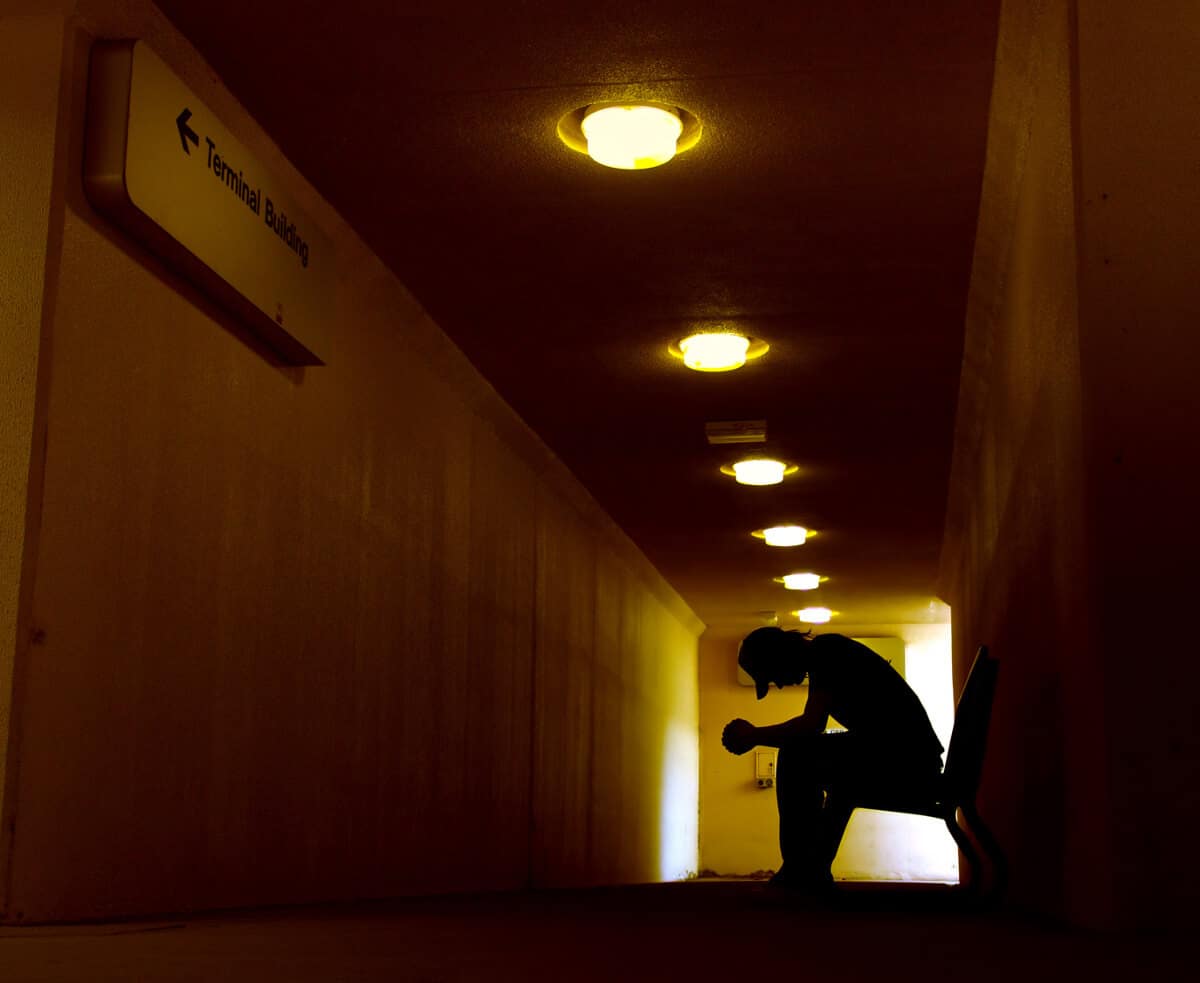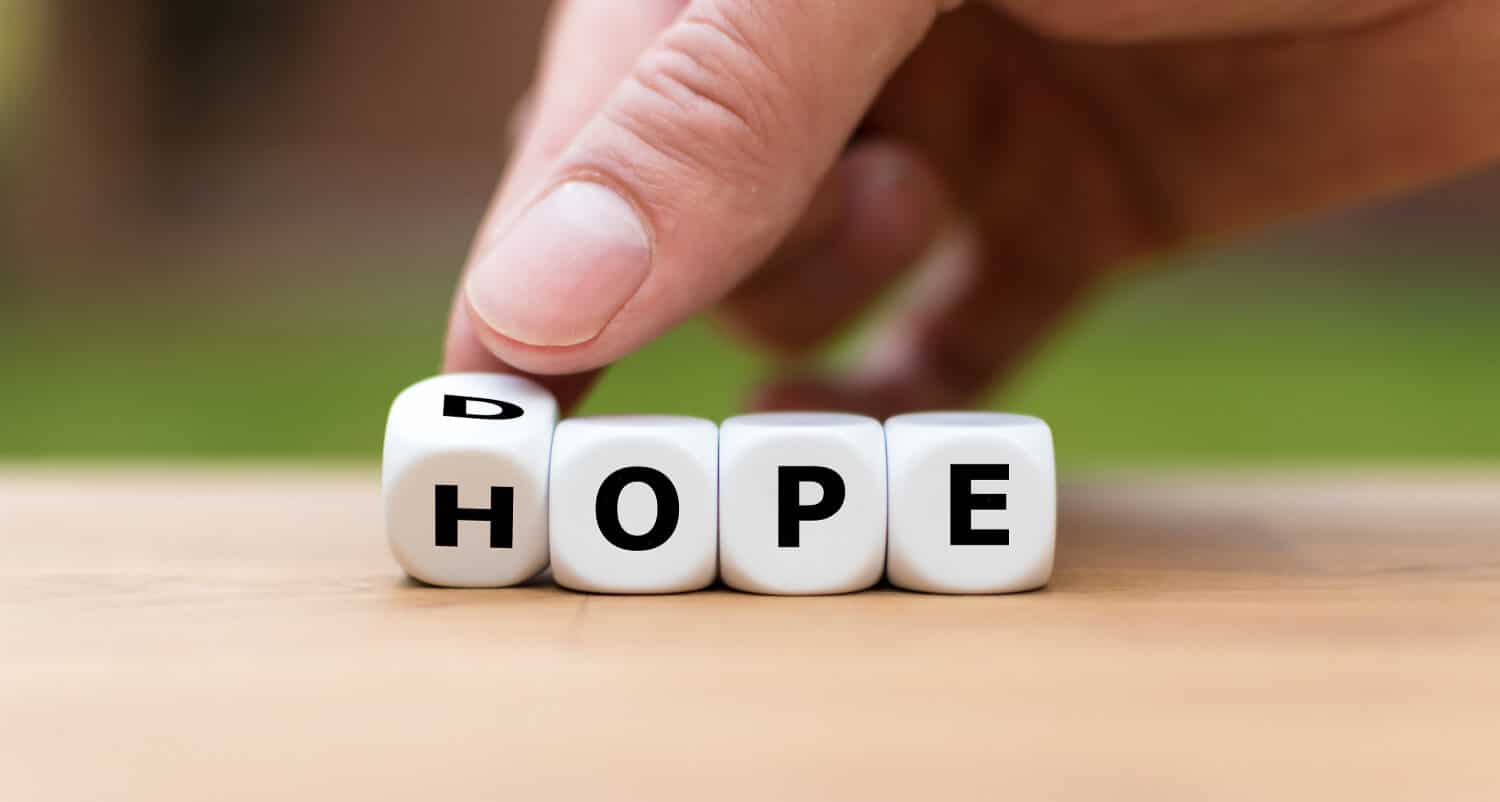It happens to most of us at some point in our lives – we say or do something that we regret in the heat of the moment, and it’s not long before we begin to experience an overwhelming sense of guilt.
Perhaps we even go as far as assessing the situation over and over in our minds, antagonizing ourselves with a series of ‘what if’s’ and ‘if onlys’.
As unpleasant as it might feel at times – guilt isn’t a bad thing.
Guilt is associated with behaviours, and the ability to change certain behaviour is what allows people (including those in recovery from addiction), to be empowered.
Having the ability to change something is what puts us in control of our lives.
Guilt Versus Shame
Guilt and shame are two markedly different emotions.
Although some people might struggle to differentiate between the two.
However, people (particularly those in recovery) need to make the distinction. As mentioned above, guilt (if channelled constructively) can be a useful emotion.
Guilt is defined as a feeling of responsibility or remorse for an offense, crime, or wrongdoing, whether real or imagined.
Shame is described as the painful feeling arising from the consciousness of something dishonourable, improper and/or ridiculous done by oneself or another.
As unpleasant as both these emotions are, feelings of guilt can lead to a recognition of bad/inappropriate behaviour and, subsequently, a change in that behaviour. Whereas shame is often associated with a lack of self-worth and a person constantly feeling bad about themselves.
Shame isn’t always associated with behaviour as such; rather, it’s a perception about oneself that might be deemed negative leading to feelings of shame.
Guilt says,” I did something bad” while shame says, “I am bad.”
If we were to compare shame to embarrassment, we would soon learn that both emotions can be quite intense.
However, shame is more sizable because it is connected to our moral character and not so much our social character or image.
Popular sayings such as “the walk of shame” tells us that shame is more of a state of consciousness and perhaps even embedded within particular cultures.
Many psychologists believe that shame manifests when a person discovers that their actions fall short of their moral standards and failure to notice these actions can lead to them feeling ‘ashamed’ or made to feel that way by others.
Do guilt and shame affect people in recovery from addiction?

Research also shows that mild to moderate shame can be a positive thing as it can encourage people to live more ethical lives.
In contrast, severe shame can lead to destructive behaviours like substance abuse.
Recovering from addiction often comes with a whole host of challenges, and guilt or shame can feel like another layer added on top of an already gigantic tier.
Aside from withdrawal and getting the body clean from a particular substance, another vital element to recovery is self-acceptance and forgiveness.
Guilt is not necessarily a bad emotion as it often leads to positive change and self-awareness. Although if guilt becomes overbearing, it can have a negative impact on a person’s recovery.
Shame can also have a negative impact on those recovering from addiction, as it’s known to be a destructive emotion that is largely associated with a lack of self-worth rather than a particular set of behaviours.
Feelings of shame include:
- Humiliation
- Inferiority
- A lack of self-worth
In recovery, people are often surprised by the feelings that can arise as they move through the different phases of treatment.
Guilt, shame and remorse are common emotions experienced by those in treatment. Guilt and shame can appear out of the blue and are very often the psychological symptoms that individuals end up experiencing the most while in treatment.
As mentioned earlier, guilt can often be a useful emotion and can even be a predictor into one’s mental health when examined in broader terms.
For example, conditions such as antisocial personality disorder are when a person is void of guilt and remorse regardless of their inappropriate and often dangerous behaviour.
Essentially, those suffering from guilt usually have a good moral compass.
Punishment of the self
When emotions such as shame and guilt are left unaddressed, it can lead to feelings of unworthiness and depression.
For those in recovery, this can sometimes lead to relapse as they seek to numb out these unpleasant feelings through drug and/or alcohol use.
Self-punishment over past mistakes rarely leads to positive change – rather, it continues to fuel the cycle of depression and substance abuse.
Therefore, it’s important for those in recovery to work through their feelings.
Overcoming the guilt/shame cycle in addiction

Like many successful treatment programs, the key to overcoming addiction is to identify the cause and thus learn healthier ways of coping.
Addiction guilt and shame are prevalent in most cases of substance abuse.
Once a person has gone through an initial detox and becomes clean, the reality of the damage they might have caused to themselves and their loved ones’ during the addiction begins to slowly dawn.
This can lead to a variety of negative feelings. It’s important to acknowledge that this is a very natural process in recovery and working through negative feelings is paramount to having successful treatment outcomes.
Behavioural Therapy
Behavioural therapy such as Cognitive Behavioural Therapy(CBT) is very effective in the treatment of addiction as it focuses on the premise that all behaviour is ‘learned’ and therefore, can be ‘unlearned’.
CBT also encourages people to adopt healthier coping mechanisms by identifying any self-destructive habits.
Holistic Wellness Treatment
Holistic wellness adopts a more individualistic approach to treatment and focuses on the individual as a whole rather than treating a single symptom or behaviour.
Holistic wellness seeks to treat and improve a person’s overall wellbeing, and this is particularly helpful when treating addiction as there are many facets to why a person might have become addicted in the first place.
Most rehabilitation centres offer 12 step programs designed to treat all aspects of addiction and recovery and treatment often includes detox management, relapse prevention and aftercare support.
Forgiveness is key
One way to release the painful feelings associated with shame is to focus on self-forgiveness.
By forgiving ourselves (and others), we ultimately liberate ourselves, and by doing this, we will no longer be held captive by unhelpful thoughts and limiting self-beliefs.
It’s not easy to let go and forgive those that have hurt us in the past, but holding onto past pain rarely leads to resolve.
For those in recovery, the process of self-forgiveness is key as their behaviour might have been very different when they were ‘using’.
Self- forgiveness involves:
- Building your self-worth
- Examining your guilt and understanding that suffering from (mild) guilt can be healthy
- Facing your feelings
- Knowing that you are good enough and that you deserve to be loved
- Understanding that past mistakes do not define you as a person
- Seeking the help of a professional
We’re here to help.
Contact us today to see how we can help you or someone you care about to move forwards to a fulfilling and happy life.







